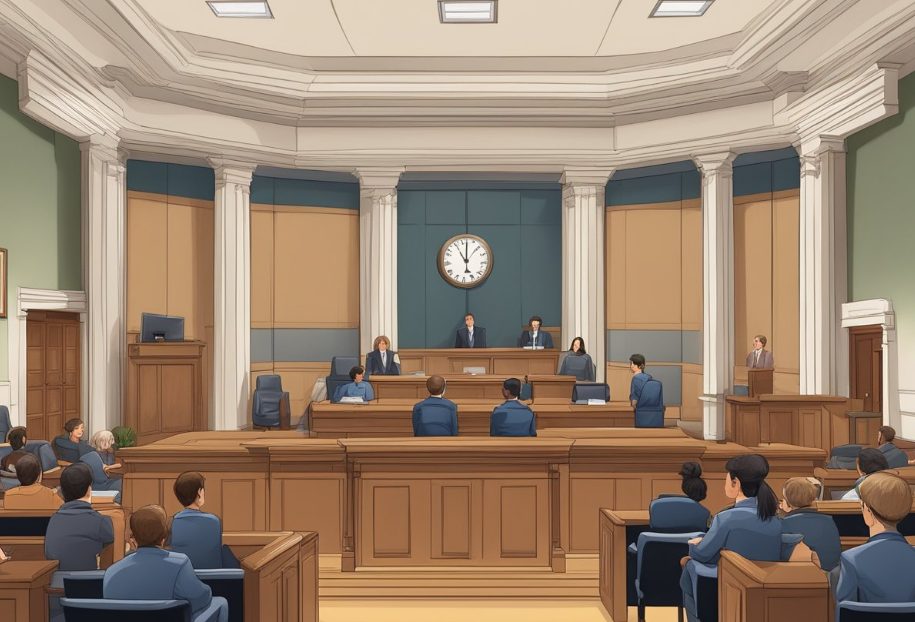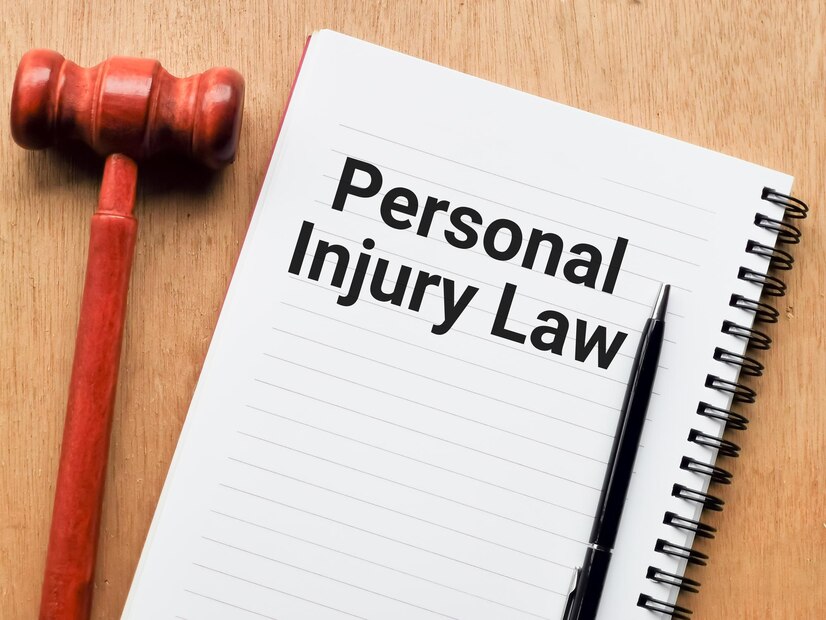Juvenile Justice: How It Differs From Adult Criminal Court

The juvenile justice system operates on principles distinctly different from the adult criminal court. Established to address illegal activities among individuals who are not yet considered adults, this system emphasizes rehabilitation and education rather than punishment. It recognizes that juveniles are in the process of developing their character and decision-making abilities and thus are potentially more amenable to correctional interventions. Moreover, the rights and protections afforded to juveniles during legal proceedings have been designed with their age and maturity in mind, impacting the proceedings from arrest to potential sentencing.
In contrast to the adult criminal court, which is structured around the presumption of legal competency and culpability, the juvenile justice system operates under a “parens patriae” philosophy. This term implies that the state acts as a guardian for those who are unable to protect themselves.
Legal proceedings in juvenile courts are not typically public, a decision made to protect the privacy of young offenders. This confidentiality is part of a broader approach to prevent the stigmatization of youth who have made unlawful choices and to facilitate their successful reintegration into society.
Another major differentiator is the language and process in juvenile court. They do not speak of “guilt,” but rather “delinquency,” and the focus is on assessing the individual needs of the youth, including their home environment, educational needs, and mental health status. Sentencing, too, is tailored with a focus on rehabilitation, including options like counseling, community service, and probation.
The overarching goal is to deter future offenses and assist the juvenile in becoming a productive member of society, a starkly different objective from the often punitive methods found in adult courtrooms.
Key Differences Between Juvenile And Adult Criminal Justice Systems
Juvenile and adult criminal justice systems operate under different legal frameworks, each tailored to the age group it serves. The juvenile system emphasizes rehabilitation over punishment, reflecting a developmental approach to dealing with young offenders.
Legal Procedures And Terminology
In the juvenile system, legal terminology differs significantly from that of the adult system. Juvenile proceedings are typically referred to as adjudication hearings rather than trials, and those charged are called “respondents” rather than “defendants”. The adjudications focus on whether the respondent committed a “delinquent act” instead of whether they are “guilty” of a crime. Legal representation is critical in both systems; a Manassas Attorney specializing in juvenile cases can navigate these terms and advocate effectively for a young client.
Age Of Jurisdiction And Sentencing
The age of jurisdiction—the age until which the juvenile system has authority—varies by state but generally covers youth under 18. Once an individual surpasses this age, they are tried as an adult. Sentences in juvenile courts center on the best interests of the youth, with options including guardianship or custody to a state-run facility. In contrast, adult courts can impose sentences including incarceration in prison, fines, or probation.
Rehabilitation Focus vs. Punishment
The juvenile justice system is grounded in the philosophy of rehabilitation. Programs and sentences are geared toward reforming behavior and helping the juvenile integrate back into society as a productive member. In contrast, the adult system places a greater emphasis on punishment and deterrence, with a stronger inclination towards incarceration and retributive justice.
Navigating Juvenile Justice: Legal Representation And Outcomes
Role Of Defense Attorneys In Juvenile Court
Defense attorneys in juvenile courts have the responsibility to advocate for the young client’s interests and to protect their legal rights. A Manassas Attorney specializing in criminal defense is tasked with investigating the case, gathering evidence, and presenting the strongest possible defense. This often involves negotiation with prosecutors for reduced charges or lesser penalties, and presentation of evidence and arguments during hearings.
Importance Of Specialized Legal Representation
Specialized legal representation is crucial in juvenile court systems because these courts operate differently from adult criminal courts. The laws, procedures, and potential penalties are unique, and the aim is often more rehabilitative than punitive. Therefore, an attorney with expertise in juvenile justice, such as a seasoned Manassas attorney for criminal case defense, is better equipped to navigate the complexities and advocate for outcomes that consider the developmental stage of the juvenile.
Additional:













